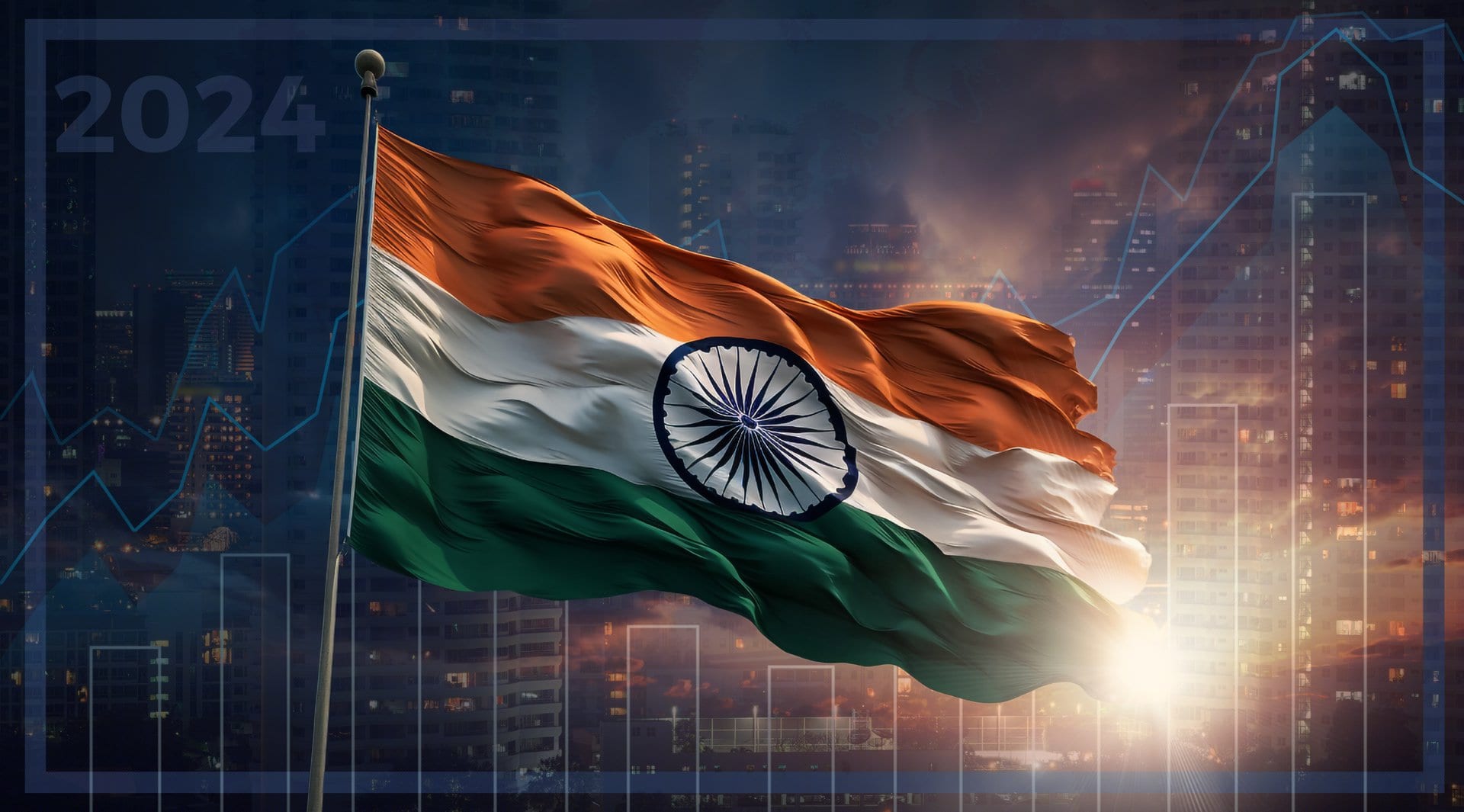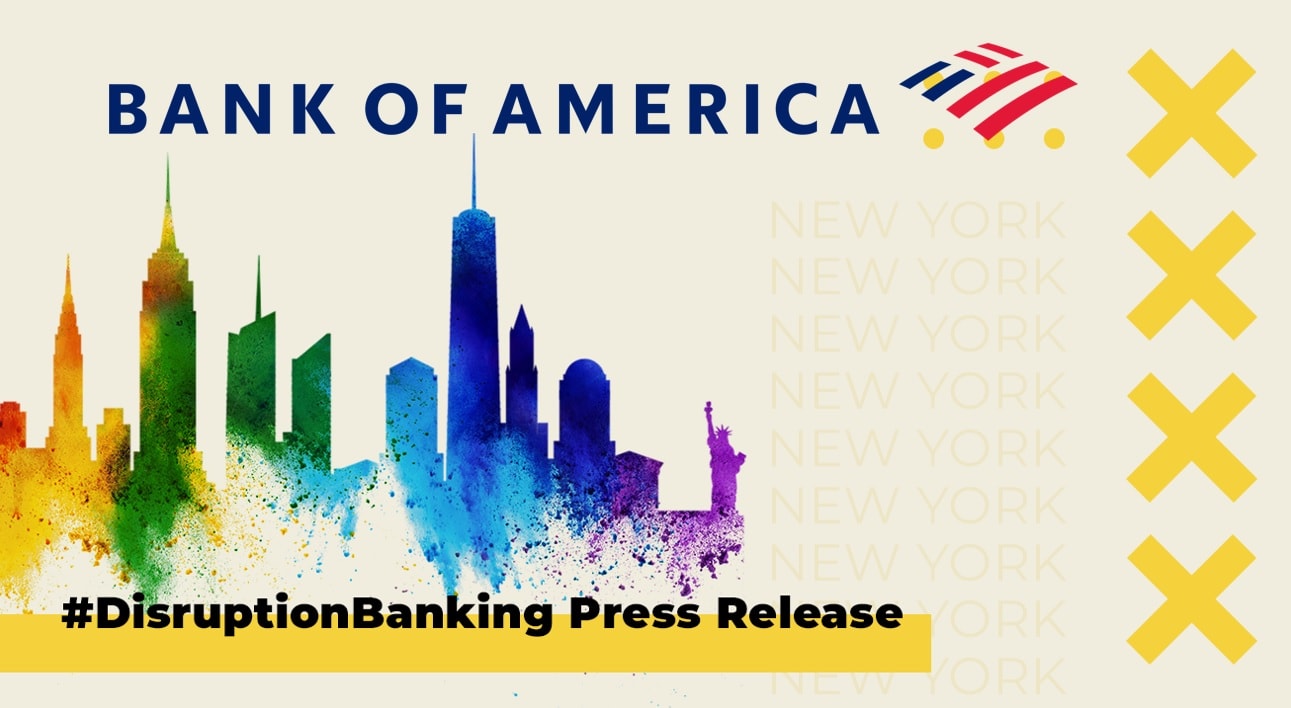There are few bankers operating today that have more experience in emerging markets than Dr Kaiser Naseem. His long and distinguished career, of over 44 years and counting, has largely been spent in development banking, working for national and international organisations aimed at encouraging private sector investment in emerging markets.
He began his career as an engineer and later moved to development banking, when he joined the National Development Finance Corporation in Karachi, Pakistan’s largest development bank, before moving on to the International Finance Corporation (IFC), which is part of the World Bank Group. Kaiser has worked with banks across the Middle East, Central Asia, and Eastern Europe, and has lived in several cities including Cairo, Pakistan, Dubai, Bahrain, Tashkent, and Moscow.
The immediate impression he gives is that these travels and professional experiences have offered him a perspective and broad outlook on international banking that few could compete with. Working in some of the most challenging markets in the world has clearly instilled in him a no-nonsense approach to development finance issues. Kaiser is ready to challenge and disrupt the status quo but is not cynical about what banking, which he believes has a significant role in the economic development of countries, if it is done with the right purpose.
“I call myself an international development banker for the simple reason that, for most of my professional life has spent in the development area,” Kaiser said. While he largely worked for a multilateral financial institution, the IFC, this involved working closely with the private sector. The Bretton Woods consensus that emerged after the Second World War soon placed private enterprise at the heart of economic thinking. “I think everyone now strongly believes that economic growth has to be driven by the private sector,” he noted.
The @WorldBank's new Business Ready Project is a key instrument to facilitate private sector investment, create jobs & accelerate development in inclusive & sustainable ways. Over the next 3 years, the project will grow to cover 180 economies worldwide. https://t.co/7ZXktafPif
— Makhtar Diop (@Diop_IFC) May 11, 2023
The idea behind organisations such as the IFC, and the other institutions that make up the World Bank Group, was to fill the gaps left by the private sector. Some emerging markets are simply too risky for private capital to flow to, and commercial banks therefore avoided working there. There might be war, political instability, or humanitarian crises in these countries. The involvement of an international financial institution lowers the risk for everyone and encourages private capital to follow. Eventually the private sector can take over in full, freeing the IFC to move on to developing its next market. It’s a nice strategy, and it has worked, at least in some places.
“The purpose of a development finance institution is to tread where no other institution will tread,” Naseem said. “The aim is to catalyse that market and convert it into a market more palatable to commercial interests. Multilateral development finance institutions can provide credibility to projects or entities within higher-risk countries, allowing them to attract private capital by themselves at some point.”
The experience of South Korea is indicative here. In the aftermath of the Korean War, the country was an economic basket case. In 1953, annual GDP per capita was just $67. Almost 80% of the population was illiterate and the country’s economy was essentially pre-industrial. Most of the Korean peninsula’s natural resources were in the northern half. The majority of economists at the time were significantly more optimistic about the economic prospects for Sub-Saharan Africa than they were for Seoul.
With the help of international organisations such as the World Bank, however, South Korea saw the “Miracle on the Han River” become a reality. By the 1990s, Seoul had become the advanced economy and prosperous democracy that it is today, and the Bank approved its last project in the country. Seoul is now a contributor to World Bank funds, not a recipient. But Naseem fears that groups like the IFC and World Bank are no longer committed to this model.
Cooperating with the @WorldBank, #SouthKorea became a rapid growth economy in the 1970s. It has now became a large shareholder of the institution to help out developing countries.https://t.co/PL6Zqpkh1O
— #DisruptionBanking (@DisruptionBank) May 13, 2023
“We have this system of graduation,” Kaiser said. “Countries like South Korea graduated and were able to stand on their own two feet. This is what the World Bank Group is supposed to help countries do. As development bankers, the whole idea is that at some point we work ourselves out of a job. That is what our success should translate into,” he said.
The problem, perhaps, is that not many people do want to work themselves out of a job. Kaiser believes that many “development bankers” are almost reluctant to see emerging markets develop too much. That would make their position redundant and reduce the influence and power of the World Bank Group. Such institutions continue to provide large amounts of funding to governments and institutions that are known to be corrupt. They have targets they need to meet, in terms of how much funding they need to offer in any given year. The KPIs are then aligned to these targets.
“We know that if we provide a country with, say, a $100 million, the full amount will not be spent on development projects or on improving the lives of its people, as a major part will be misused or siphoned off,” Kaiser said. He cited his home country of Pakistan as an example. Islamabad is about $130 billion in debt but has nothing to show for it. “If you go to Pakistan and look around you for a couple of minutes, you’ll see that not even $1 billion has been spent. The roads and other infrastructure are extremely poor.” Gesturing to our surroundings near Dubai’s World Trade Centre, he said, “if the money had actually been spent, Pakistan would look like this. But it’s not even close.”
Pakistan’s Existential Economic Crisis
— Shahbaz Rana (@81ShahbazRana) April 6, 2023
Amid skyrocketing inflation, political conflict between PM Sharif’s Govt and former PM Imran Khan, and surging terrorism, the country is facing the risk of a default due to its massive external debt obligations. https://t.co/fJog1s55e8
So why do countries such as Pakistan continue to receive funding from multilateral organisations? What is the point of essentially throwing money down the drain of corruption? “Individual employees will have KPIs – they will have an annual target that, for example, they have to give $1 billion to a country. Governance issues are a secondary concern. They should not be, as this is important to ensure productive use of the funding.”
Multilateral development banks today often compete with private institutions to provide funding for projects in emerging markets. “The World Bank Group at times operates like a commercial entity, not a development finance institution. These institutions should not be competing against other commercial banks and displace private capital. As a matter of fact, these institutions should be proud of the fact that they are no longer needed and private capital is available to the market. There is still a lot of work to be done in other countries. But it takes a lot of hard work, and there are not many low-hanging fruit in these tough markets. But that’s where these institutions should be working.”
It certainly seems that the World Bank Group and IFC have lost sight of its original mission of ending extreme poverty and promoting shared prosperity in a sustainable manner. Since South Korea’s “graduation,” it’s difficult to think of many countries that have been economically developed enough to graduate out of the World Bank Group’s scope. Such institutions are at least partly to blame for this, given how far they appear to have strayed from their original purpose.
During the recent annual IMF and World Bank Group Spring Meetings in April 2023, a major issue that was discussed was refocusing these institutions on their original purpose and implementing a road map for their evolution.
“To bring the World Bank Group back to its original purpose requires a major disruption in the manner it is pursuing this vision. Evolution will not serve the purpose,” Kaiser said.
Author: Harry Clynch














